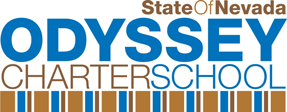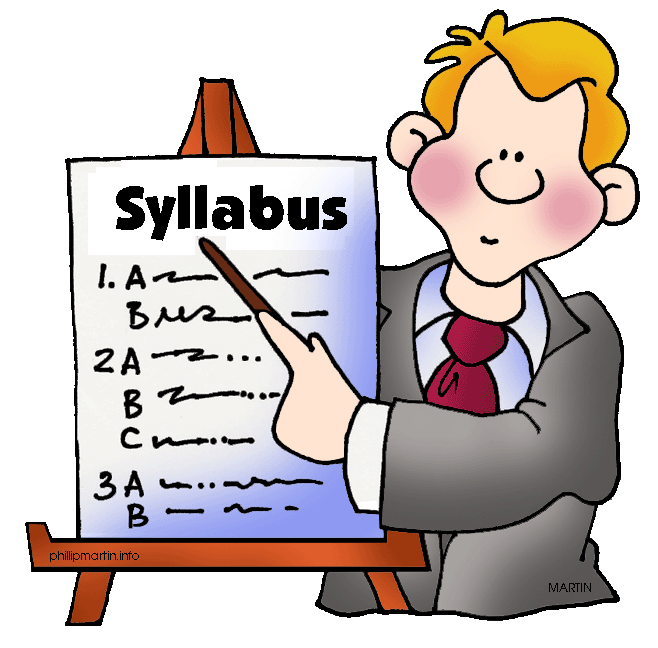Animation I (Semester Class)
An introduction to the principles of animation, covering basic techniques, digital tools, and the creation of animated projects.
AP Computer Science Principles
A college-level course exploring the foundational concepts of computer science, including programming, algorithms, data analysis, and the societal impacts of technology.
AP Psychology
A comprehensive study of the human mind and behavior, including topics such as cognition, development, personality, and mental health disorders.
Civil Rights & Liberties (Semester Class)
Focuses on the history and ongoing struggle for civil rights in the U.S., exploring key events, figures, and legal precedents that shaped social justice movements.
College Survival Exams (Semester Class)
Prepares students for the academic challenges of college by focusing on study skills, test-taking strategies, time management, and critical thinking.
Computer Science & Applications
Teaches programming and computational thinking using real-world applications, emphasizing problem-solving and the development of practical software solutions.
Driver Education (Semester Class)
A course designed to teach safe driving practices, traffic laws, and the skills necessary for obtaining a driver’s license.
Dual Enrollment – COM 101 (Semester Class)
A college-level course that focuses on composition skills, including writing essays, research papers, and critical analysis of texts.
Dual Enrollment – CRJ 104 (Semester Class)
Introduces students to the criminal justice system, covering law enforcement, courts, corrections, and the role of government in ensuring justice.
Dual Enrollment – SOC 101 (Semester Class)
An introductory sociology course that explores social behavior, institutions, and issues such as culture, inequality, and globalization.
Freshman Studies
A course designed to help freshmen transition to high school by building organizational, study, and communication skills for academic success.
Fundamentals of Reading and Writing 10
Focuses on developing reading comprehension, writing skills, and critical thinking at the 10th-grade level.
Fundamentals of Reading and Writing 9
A course designed to enhance reading, writing, and language skills for ninth-grade students, preparing them for more advanced coursework.
Graphic Design I
Introduces the basics of graphic design, including design principles, typography, and digital design tools, culminating in student-created projects.
Graphic Design II
Builds upon the skills learned in Graphic Design I, with a focus on advanced techniques, digital media, and professional design practices.
History of Popular Music
Explores the evolution of popular music, focusing on key genres, artists, and movements that shaped modern music culture.
History of Math
Traces the development of mathematical concepts and theories from ancient civilizations to modern-day applications, emphasizing key figures and milestones.
Imaginative Writing
A creative writing course that encourages students to explore fiction, poetry, and other genres through imagination and original expression.
Independent Living
Teaches practical life skills such as financial management, home maintenance, job readiness, and decision-making for future independence.
Interactive Art
Combines visual art and technology to create interactive works, focusing on digital tools, programming, and user experience.
Intro to Sports History
An overview of the history and evolution of sports, examining their cultural, social, and global significance.
Journalism Foundations
Introduces students to the basics of journalism, including news writing, interviewing techniques, and media ethics.
Junior Studies (ACT Prep)
Prepares students for the ACT by reviewing test content, offering practice questions, and teaching strategies for effective test-taking.
Life Strategies
Focuses on developing life skills such as goal-setting, time management, and personal growth, aimed at helping students succeed in life and academics.
Myth and Folklore
Examines global myths, legends, and folklore, exploring the cultural significance and themes that have persisted through time.
Personal Fitness & Wellness I (Semester)
A course that promotes physical health, wellness, and fitness through exercise routines, nutrition, and healthy lifestyle choices.
Principles of Leadership
Focuses on the qualities and practices of effective leadership, including communication, decision-making, and teamwork.
Psychology I
Introduces the science of behavior and mental processes, covering topics such as motivation, learning, and perception.
Publications I
Students learn the fundamentals of publishing, including designing layouts, editing content, and creating materials such as newspapers and yearbooks.
Sociology I
An introduction to the study of human society, examining social structures, institutions, and issues such as inequality, deviance, and social change.
Sophomore Studies
A course designed to help 10th-grade students develop academic skills and prepare for standardized testing, focusing on critical thinking and time management.
Spanish I
An introductory course in Spanish, covering basic vocabulary, grammar, and conversation skills.
Spanish II H
A more advanced Spanish course that builds on basic skills, focusing on intermediate grammar, conversation, and cultural exploration.
Spanish III H
An advanced Spanish course that emphasizes fluency in speaking, listening, reading, and writing, with a deeper exploration of Spanish-speaking cultures.
Spanish IV H
The highest level of Spanish, focusing on advanced language skills and literature, preparing students for real-world communication and AP-level proficiency.
Web Design & Development I (Semester Class)
Introduces the basics of web design, including HTML, CSS, and the creation of simple websites.
World Affairs (Semester Class)
Examines global issues such as politics, economics, and social challenges, fostering a deeper understanding of world events and international relations.

